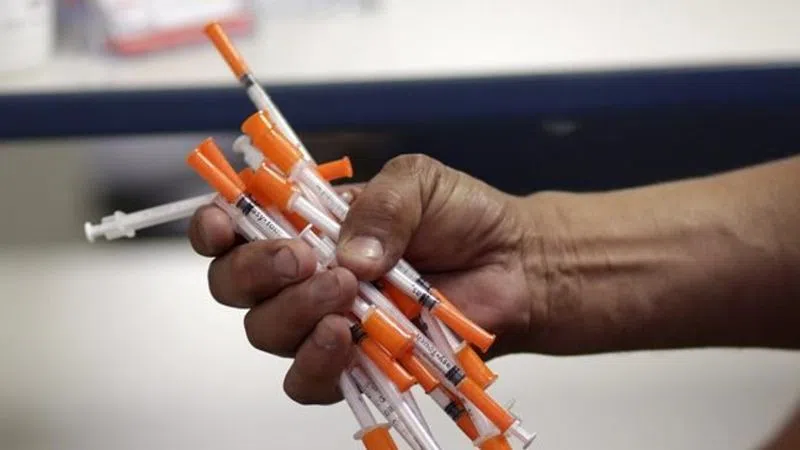
Ontario court to hear challenge to prison needle ban this week
A constitutional challenge to the federal government’s refusal to provide clean needles in prisons is set to be heard by an Ontario court this week.
The challenge, filed by former inmate Steven Simons, is backed by a several HIV/AIDS advocacy organizations, who say current rules are arbitrary and disproportionate.
The organizations are expected to argue in court Monday that the lack of access to sterile syringes violate inmates’ rights to life, liberty and security of the person under the Charter of Rights and Freedoms.
“Due to the scarcity of sterile injection equipment in prison, people who inject drugs behind bars are forced to share and reuse injection equipment, significantly increasing their risk of contracting HIV and hepatitis C,” the Canadian HIV/AIDS Legal Network said in a statement.
